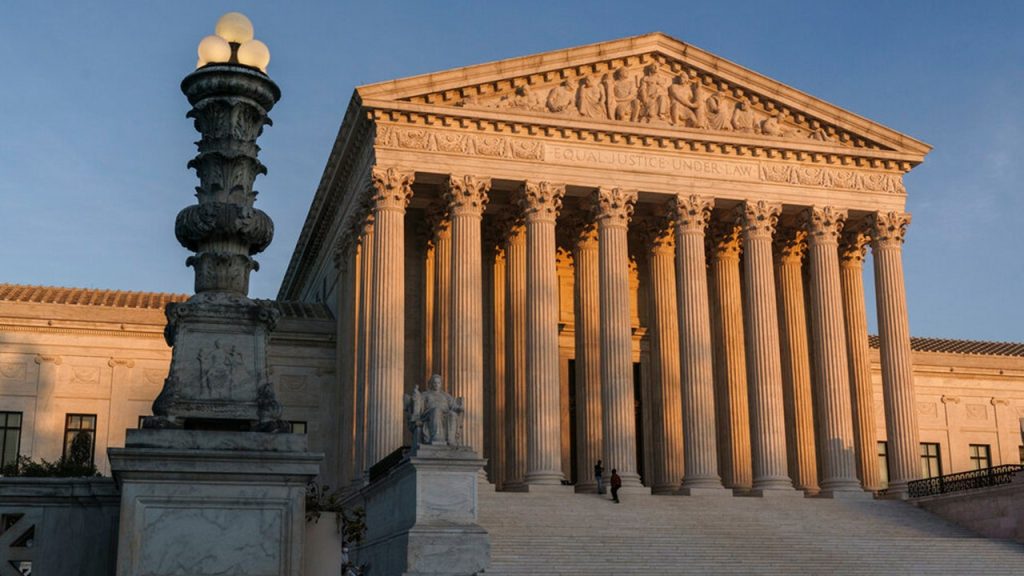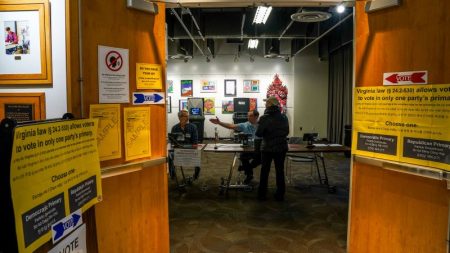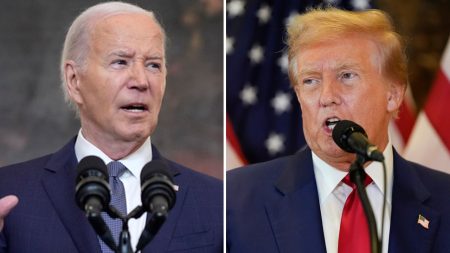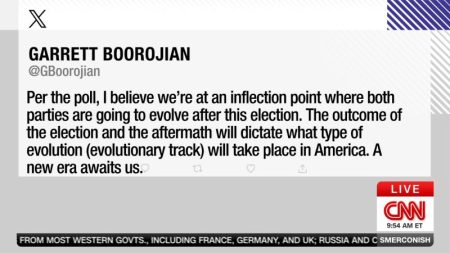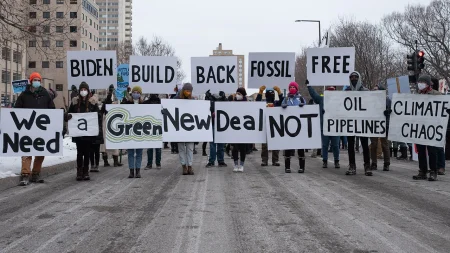Alabama, along with 11 other Republican-led states, filed a federal lawsuit against five Democrat-run states alleging that they are trying to coerce them into complying with strict climate-conscious policies that could harm residents’ access to affordable energy. The plaintiffs argue that California, Connecticut, Minnesota, New Jersey, and Rhode Island are essentially attempting to dictate national energy policy by imposing their restrictions on politically opposed states. The lawsuit, filed at the U.S. Supreme Court, aims to prevent these states from affecting energy policies in other states.
Kansas Attorney General Kris Kobach, a party to the lawsuit, stated that the defendant states are attempting to make national energy policy through state laws, which could lead to fossil fuel energy companies facing massive damages or being forced to change their policies. The plaintiffs argue that one state should not have the right to control policy in another state. Alabama Attorney General Steve Marshall, who is leading the coalition, believes that the Supreme Court has jurisdiction over interstate conflicts and should intervene in this case due to the opposing interests involved.
Marshall emphasized that the defendant states’ climate policies could have an undue effect on Alabama and other plaintiff states, with California potentially imposing a carbon tax that could impact energy prices nationwide. The legal complaint asserts that the defendant states seek a global carbon tax on the traditional energy industry, which could result in a gas station in rural Alabama owing damages to the people of Minnesota for selling a gallon of gas. The case references previous legal battles over energy policy and aims to prevent states from overreaching their authority on climate issues.
Kobach noted that this lawsuit is one of the few cases that qualifies for direct review by the Supreme Court due to its complexity and interstate nature. He expressed concerns about the potential consequences of allowing defendant states to craft policies that could impact others beyond their borders. While seeking legislation in Congress to preempt such policies is an option, Kobach acknowledged that this process can be challenging and time-consuming, potentially leading to adverse effects if defendant states are allowed to continue influencing energy and climate policies.
The plaintiffs hope that the Supreme Court will recognize that energy and climate policy are federal issues that should not be dictated by individual states in a way that could harm residents of other states. They argue that allowing defendant states to enforce their climate policies could lead to unintended consequences and infringe on the rights of other states to set their own energy policies. Efforts to reach representatives for the defendant states in the case were unsuccessful at the time of reporting. Despite potential challenges, the plaintiff states are determined to seek legal recourse to prevent the imposition of climate policies that could have far-reaching impacts on energy affordability and availability.





